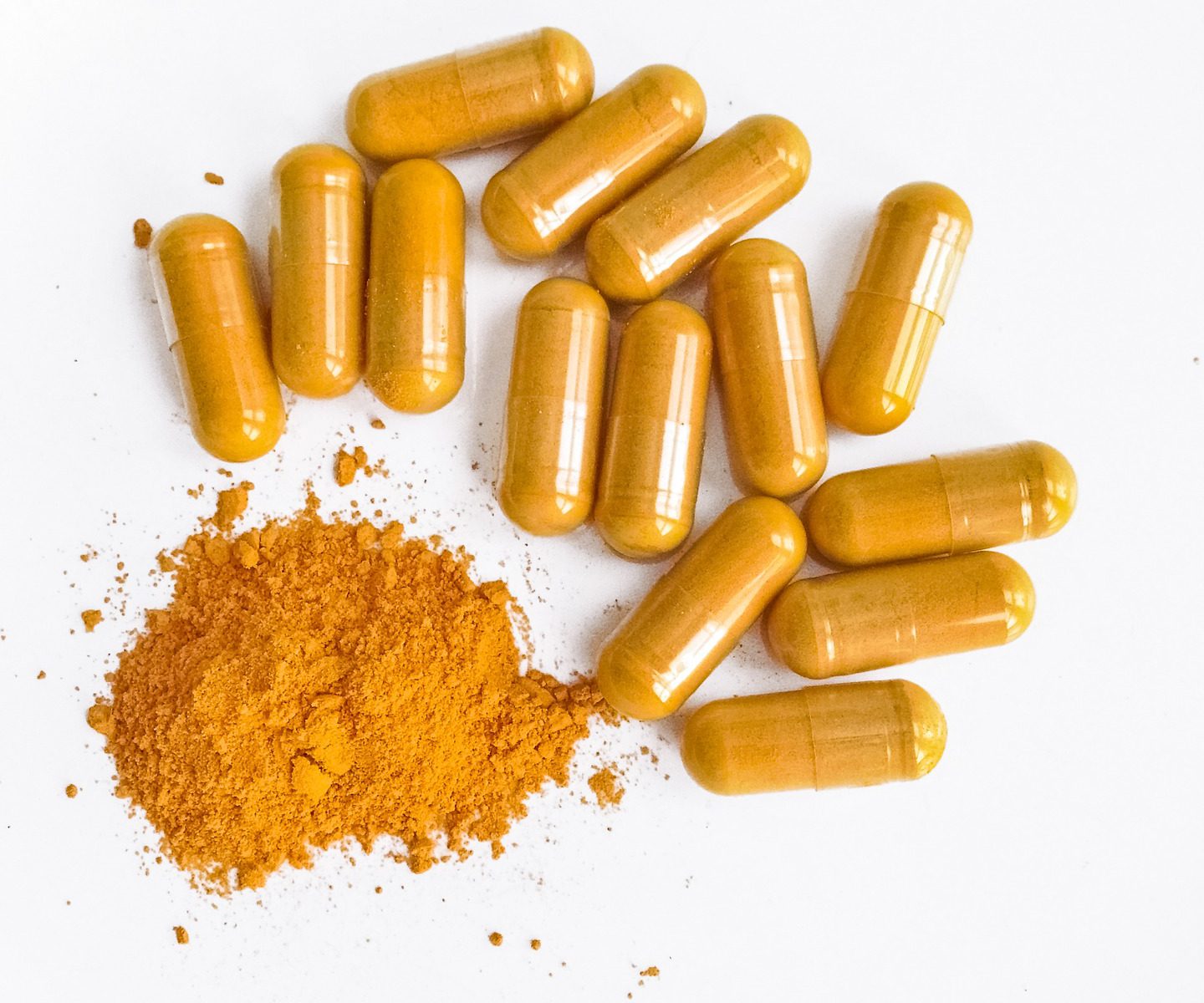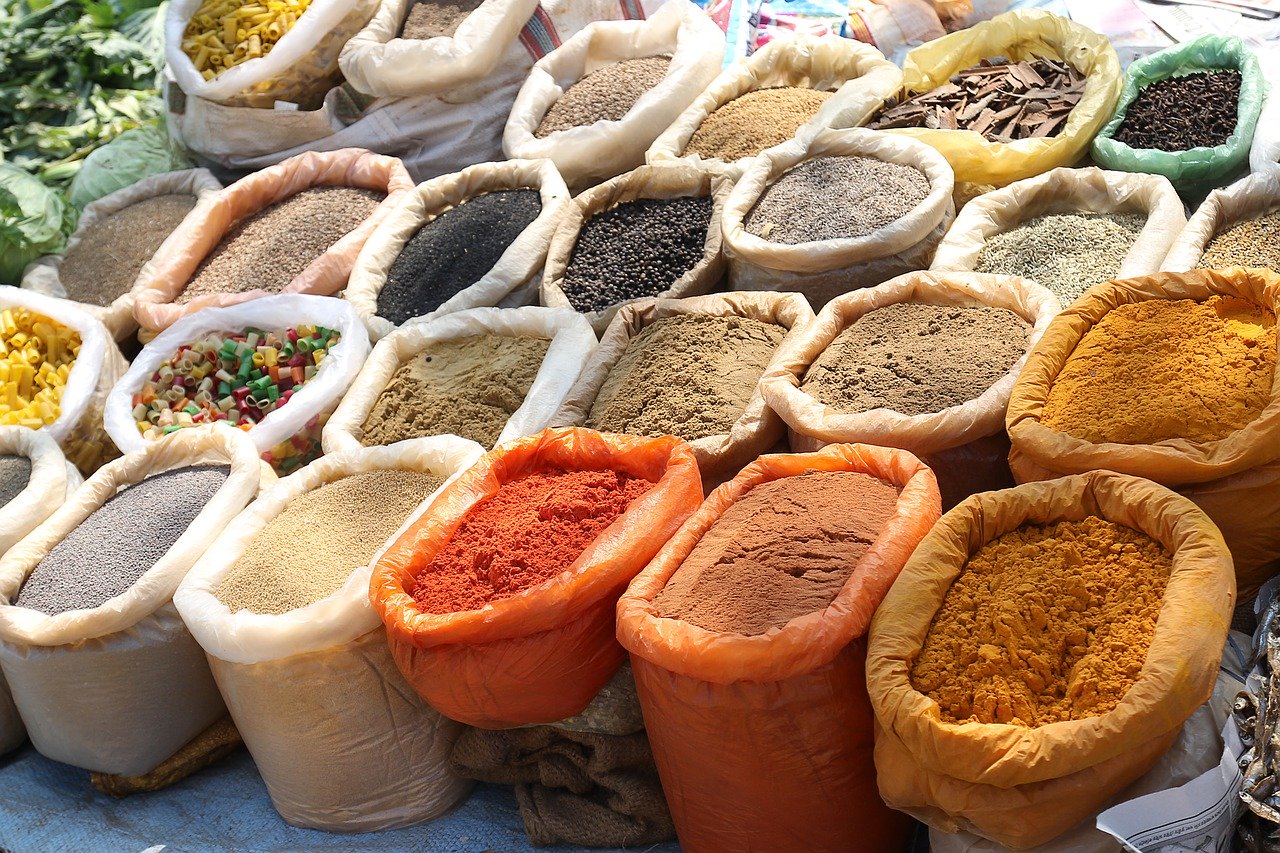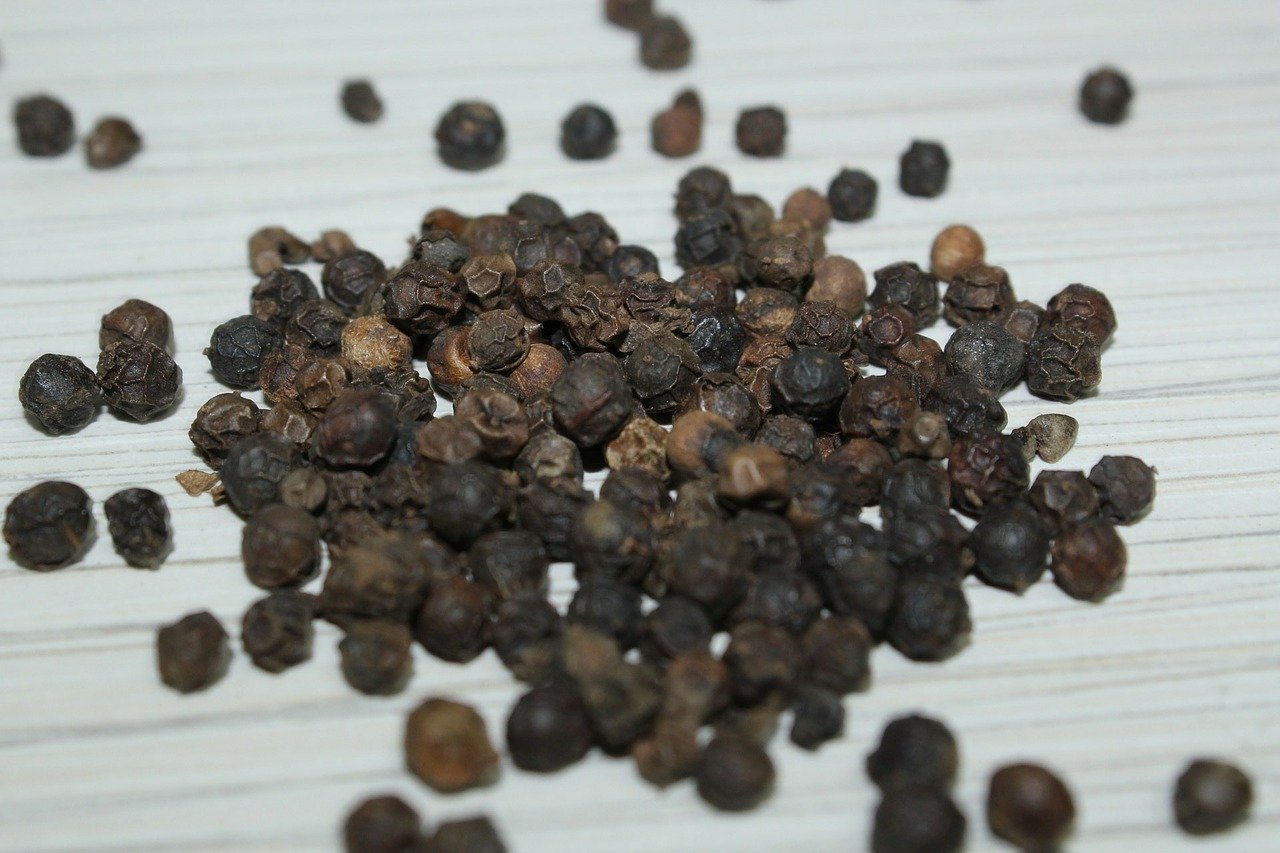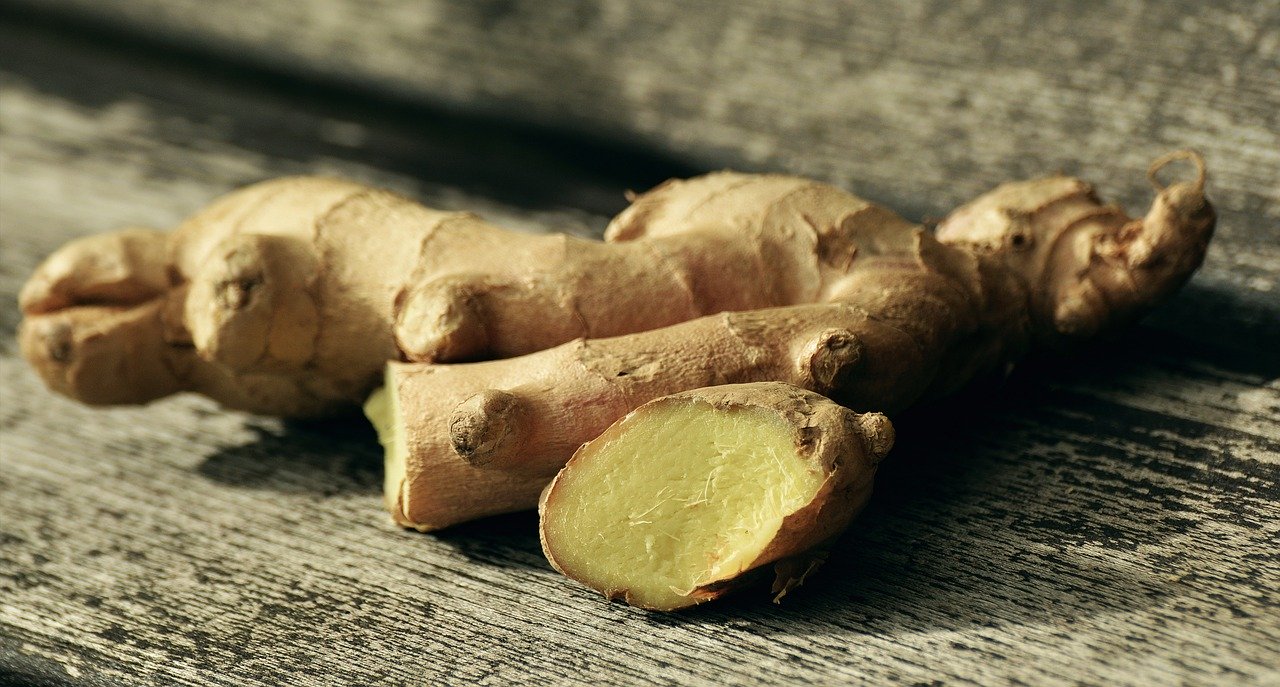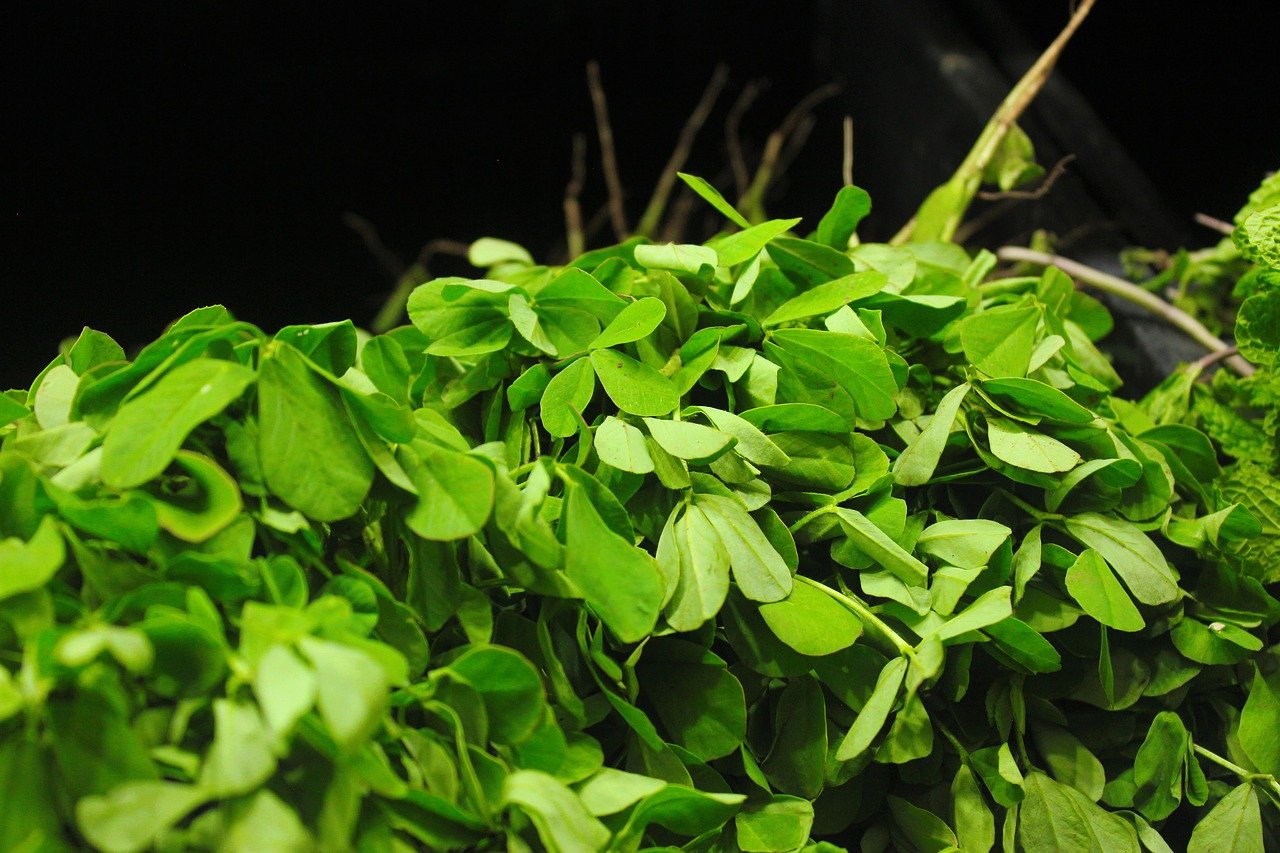In March 2020 researchers from Greece published the results of their study to assess the mode of action of curcumin in psoriatic disease. The researchers stated that studies have shown … Read more
Herbs and spices appear to have antioxidant, anti-microbial, and anti-inflammatory properties and they may in addition reduce the risk of developing chronic diseases, eg cardiovascular disease, neurodegenerative conditions, chronic inflammation, arthritis, cancer, obesity and diabetes type 2
In May 2019 researchers from Canada published their review of the medical scientific literature to identify and assess specific biomarkers in 25 herbs and spices, namely anise, basil, black pepper, … Read more
Adding 6 g spice blend (basil, bay leaf, black pepper, cinnamon, coriander, cumin, ginger, oregano, parsley, red pepper, rosemary, thyme, and turmeric) to a high-saturated-fat, high-carbohydrate meal reduced the postprandial effect of the meal regarding the secretion of the inflammatory cytokine, IL-1β, in overweight/obese men
In March 2020 researchers from the USA published the results of their study to assess the postprandial effect of a blend of spices in a high-saturated-fat, high-carbohydrate meal on inflammatory … Read more
Black pepper appears to have important pharmacological properties which warrant further research
In February 2019 researchers from Mauritius, India, South Africa and Turkey published their review on the medicinal aspects of black pepper (Piper nigrum L.). India was seen to have the … Read more
Dietary ginger taken by individuals with diabetes type 2 may significantly improve HbA1c levels
In March 2019 researchers from China published their review of the medical scientific literature to assess the effect of dietary ginger on fasting blood sugar and HbA1c levels in individuals … Read more
Fenugreek
Fenugreek (Trigonella foenum-graecum) seeds contain mucilage, trigonelline, 4-hydroxyisoleucine, sotolon, diosgenin, luteolin, phenolic acids, and protodioscin and is “generally recognized as safe” when used as a flavouring by the U.S. Food … Read more

